1 a archaic : fidelity, constancy b: sincerity in action, character, and utterance
2 a (1): the state of being the case : fact (2): the body of real things, events, and facts : actuality (3): often capitalized : a transcendent fundamental or spiritual reality b: a judgment, proposition, or idea that is true or accepted as true
3 a: the property (as of a statement) of being in accord with fact or reality b: chiefly British : true 2 c: fidelity to an original or to a standard
4 capitalized Christian Science : god
— in truth : in accordance with fact : actuallity
in contemplating truth, and the dictionary, i am struck by how beautiful language is and just how amazing it is that these words we use everyday have arrived at a common understanding (at least amongst general cultural confines). true, for example, follows this etymological path: from sanskrit: daruna (hard), daru (tree); to old irish: derb (sure); to old high german: gitriuwi (faithful); to old engligh: treowe, to middle english: trewe. i don't quite understand the jump from old irish to old high german, yet even if there isn't a jump the path of understandng or other ways of thinking about a given word illuminates the exact qualitative characteristics of the word and hints at the extent of depth it possess. of course, i am not an etymologist, and this is from the dictionary (merriam webster), however imagining that true came from thinking about a tree and its qualities is quite extraordinary. just imagine yourself, sitting under a mango tree with your back leaning against the trunk. you think to yourself, the physical sensation of my body against the tree has these qualities: hard, solid, firm, constant...
in my musings of truth, i am taken by the constant quality, or consistance, that truth implies. however, this is not always the case, as many things that we have said and believed to be true were proven otherwise by either time, empirical observations and logical questioning, or simply more information. it seems as if the designation of something as true or possessing truth attempts to create a lasting impression on or molding of reality: our attempts at holding onto something, whether tangible or not, in this ever changing universe? or are we trying to get at something deeper, some quality/element/aspect of life and existence that is actually, at its base essence, consistant?
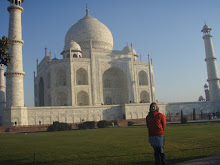
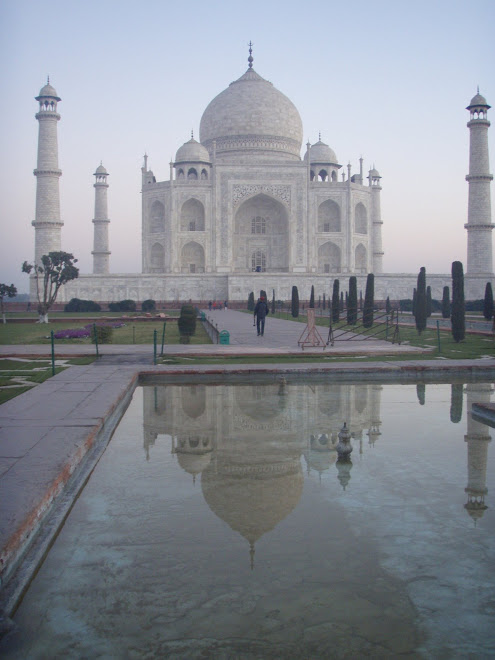
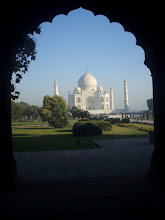
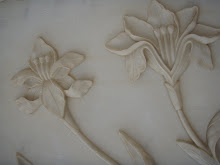
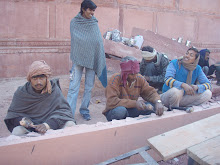

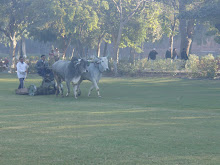
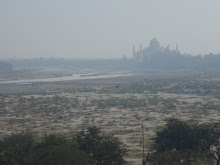
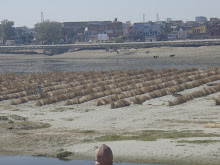
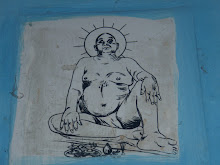
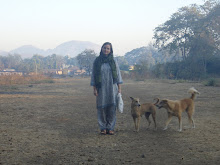
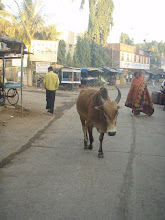
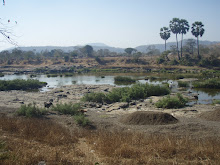
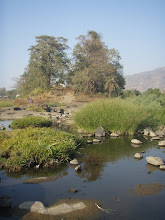
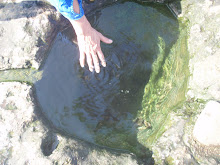
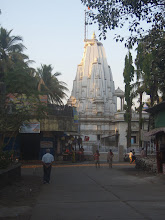

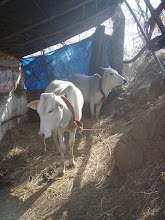
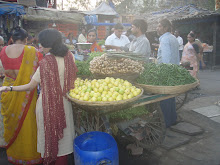

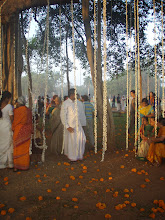
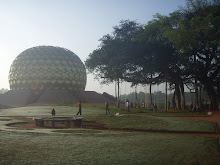
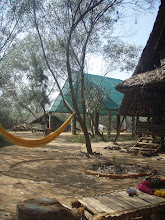
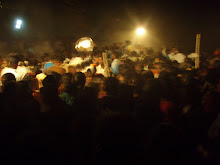
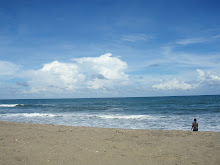
No comments:
Post a Comment